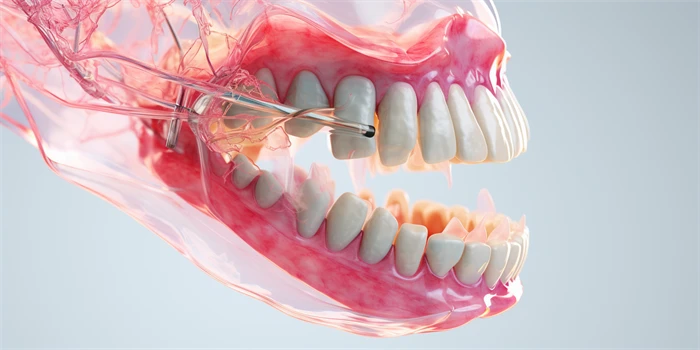What is My Best Option for Dental Bone Graft in Ireland?
Understanding Dental Bone Grafting
Dental bone grafting is a surgical procedure that replaces missing bone in the jaw to support dental implants or to prepare the jaw for other dental procedures. The procedure is essential when the jawbone has deteriorated due to tooth loss, gum disease, or injury. In Ireland, several options are available for those seeking dental bone grafts, each with its unique benefits and considerations.

Types of Dental Bone Grafts
There are several types of bone grafts available, each suited to different needs and conditions. The most common types include:
- Autograft: This involves using bone from another part of the patient's body, such as the hip or tibia. It is considered the gold standard due to its high success rate and minimal risk of rejection.
- Allograft: Bone is taken from a donor and processed to remove all cells, leaving only the bone structure. This option is less invasive but may require a longer healing time.
- Xenograft: Bone is taken from an animal, typically a cow, and processed to be safe for human use. It is a cost-effective option but may carry a slightly higher risk of infection.
- Alloplast: Synthetic materials, such as calcium phosphate, are used to stimulate natural bone growth. This option is non-invasive and avoids the risks associated with using human or animal tissue.
Choosing the Right Dentist
Selecting the right dentist is crucial for the success of your dental bone graft procedure. Look for a dentist who specializes in oral surgery and has extensive experience with bone grafting. In Ireland, many dental practices offer specialized services, and it is advisable to consult with multiple providers to compare their qualifications, experience, and patient reviews.
Cost and Insurance Considerations
The cost of dental bone grafting in Ireland can vary widely depending on the type of graft, the complexity of the procedure, and the location of the dental practice. While some insurance plans may cover part of the cost, it is essential to check with your provider beforehand. Many dental practices offer financing options to help manage the cost of the procedure.
Post-Procedure Care and Recovery
Proper post-procedure care is vital for the success of your dental bone graft. Your dentist will provide detailed instructions on how to care for the graft site, including dietary restrictions, oral hygiene practices, and follow-up appointments. Recovery times can vary, but most patients can expect to return to normal activities within a few weeks.
FAQ
Q: How long does it take to recover from a dental bone graft?
A: Recovery times vary, but most patients can return to normal activities within 2-4 weeks.
Q: Is dental bone grafting painful?
A: Most patients experience some discomfort, but this can be managed with pain medication prescribed by your dentist.
Q: How long does a dental bone graft last?
A: With proper care, a dental bone graft can last a lifetime, providing a stable foundation for dental implants or other procedures.
Q: Can I get a dental bone graft if I have osteoporosis?
A: While osteoporosis can complicate the procedure, it is still possible to undergo a dental bone graft with careful planning and management by your dental team.
In conclusion, selecting the best option for dental bone graft in Ireland involves careful consideration of the type of graft, the expertise of the dentist, cost and insurance factors, and post-procedure care. By understanding these aspects and consulting with qualified professionals, you can make an informed decision that ensures the success of your dental bone graft procedure.




